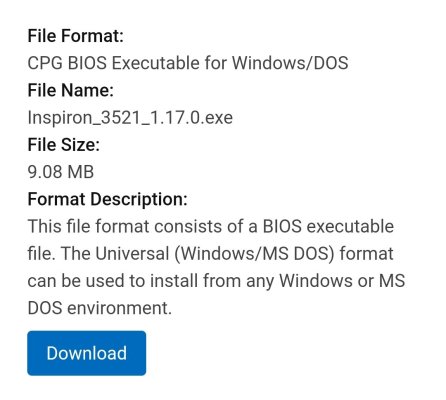TechNickGamer
Explorer
I recently bought my PC with a Ryzen 7600x processor on an ASUS Motherboard, happened to once update my BIOS last month (before that was a September update) cuz I ran into some BT driver issues and all and now its fine. Now I see there is another BIOS update available for Asus introducing Core Tuning features for AM5 chipsets. I've heard that it's a good idea to update our BIOS before switching to a better processor, but should I think about doing so frequently if ASUS publishes a new version, especially when I don't have any intentions to upgrade anything else?
Source - https://wccftech.com/asus-intros-co...latency-for-faster-performance-on-ryzen-cpus/
Am asking this because the update is for ASUS motherboards And am owning an Ryzen cpu with AM5 chipset. The BIOS feature is set to Auto by default within the AM5 BIOS panel and can be set to enabled by the user if they are willing to try it out to get benefits in terms of "gaming".
Reddit discussion for more insights.
Source - https://wccftech.com/asus-intros-co...latency-for-faster-performance-on-ryzen-cpus/
Am asking this because the update is for ASUS motherboards And am owning an Ryzen cpu with AM5 chipset. The BIOS feature is set to Auto by default within the AM5 BIOS panel and can be set to enabled by the user if they are willing to try it out to get benefits in terms of "gaming".
Reddit discussion for more insights.
Last edited:



